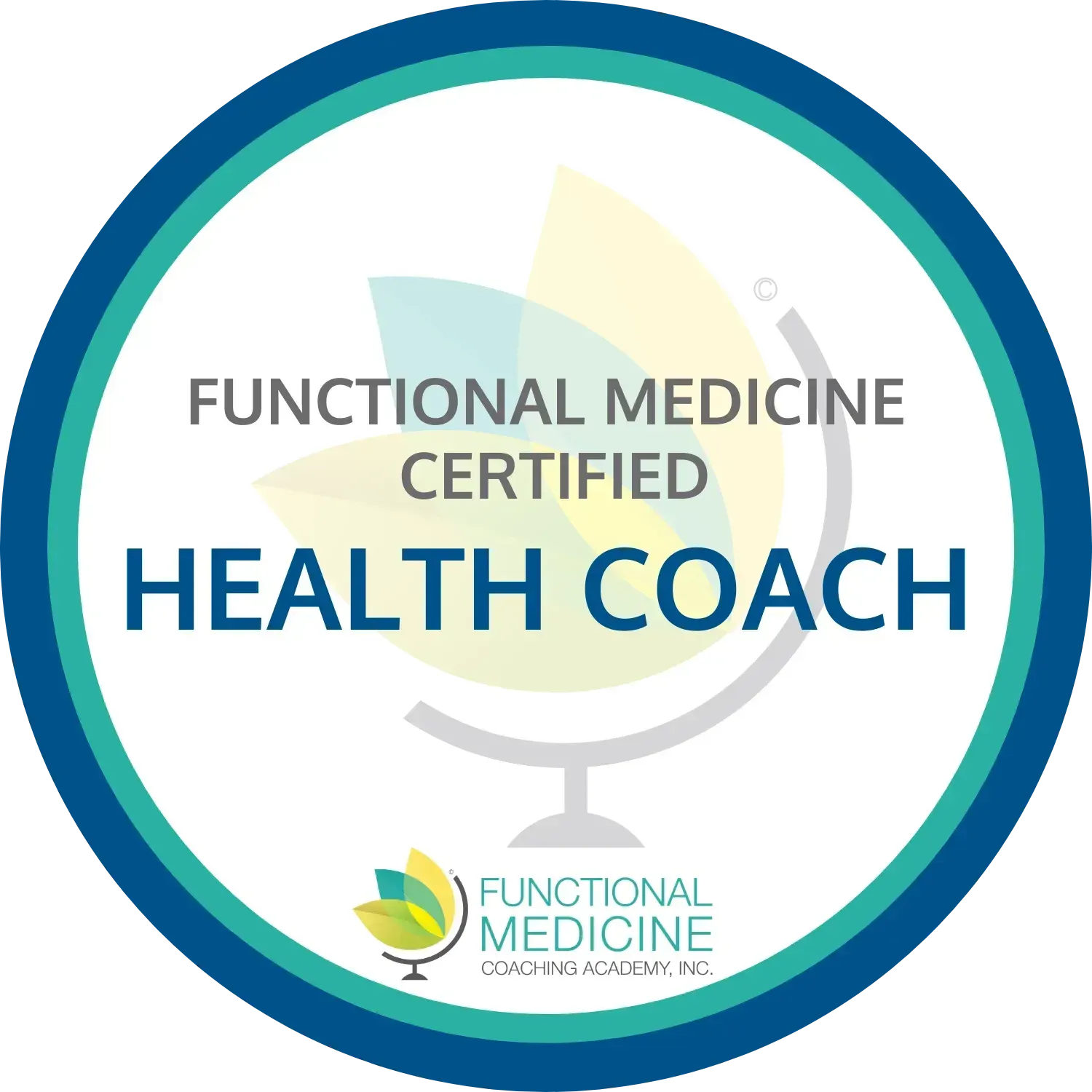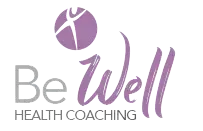How to Take Care of Yourself When You’re Caring for Someone Else

If you’ve ever been a caregiver, whether for an aging parent, a sick child, or a partner going through a health crisis, you know the toll it can take.
You're showing up for someone else with all your love, attention, and strength. But in the process, you might find yourself fading: low energy, hormone shifts, gut issues, and a rising tide of stress that just won’t go away.
This is the question I’ve been living through:
How do you take care of yourself when you’re caring for someone else?
As a midlife woman and a health coach, I’ve been both the caregiver and the one needing care.
Recently, I’ve been navigating my own healing from H. pylori, parasites, and mold toxicity, while also showing up every day for my daughter during one of the most intense medical seasons of her life.
And I know I’m not alone.
Many women in their 40s, 50s, and 60s are sandwiched between responsibilities—supporting aging parents, raising children, and managing demanding careers. Add in hormone imbalances, adrenal fatigue, and gut flares, and you’ve got a perfect storm.
So, how do we survive it? How do we support others and still care for ourselves?
Here’s what helped me stay afloat and what I now help my health coaching clients build into their daily routines.
1. Pre-plan Like Your Health Depends on It
When you’re constantly on the go, driving to appointments, sitting in hospital rooms, or waking up in the middle of the night, your body is running on reserves.
Planning ahead for your own needs is an act of self-respect and survival.
Don’t assume you’ll find a healthy snack or remember to take your supplements in the chaos of the day.
Here's how to start:
Pack nourishing snacks that support gut and hormone health. Bring items like collagen protein balls, Paleovalley beef sticks, gut and hormone-friendly bars, mixed nuts, or seed crackers.
Bring a lunchbox with gut-friendly meals such as bone broth soup, cooked or roasted vegetables, protein-rich leftovers (if you’re not dealing with high histamine issues), sweet potatoes, cooked carrots, asparagus, or quality animal proteins like chicken. Focus on foods that are rich in prebiotics and aim to eat a variety of colorful whole foods to support your energy, digestion, and overall resilience.
Keep a small supplement kit in your bag. Use labeled containers to organize essentials like magnesium, digestive enzymes, or any supplements your body needs consistently throughout the day.
Consistency is how you protect your health while you're protecting someone else's.
2. Stack Your Habits for Success
When time is tight and your nervous system is on high alert, simple routines are your best friend.
“Habit stacking” is the practice of anchoring a healthy habit to something you already do.
This helps your brain adopt the behavior faster without relying on willpower.
Try these:
Take 2–3 key supplements while you drink your morning tea or coffee.
Do three grounding breaths or a calming mantra every time you park your car or walk in the door.
Pair a glass of mineral water with a 5-minute sunlight break.
Morning routine: After a hot shower, do some gentle stretching if you're having lymphatic issues, and apply a lymphatic cream.
These mini-routines add structure and stability, especially when your day feels unpredictable.
3. Support Your Stress Response
Women in midlife are uniquely impacted by stress.
Shifting hormones, slower cortisol recovery, and less resilience to blood sugar spikes all mean stress hits harder than it used to.
When you’re caregiving under pressure, your body feels the weight—leading to anxiety, insomnia, fatigue, and hormone chaos.
Here’s how to support your stress response:
Balance your blood sugar: Keep your sugar lower. Never skip meals. Always pair carbs with protein or fat.
Prioritize sleep as much as you can: Blue light blockers, magnesium glycinate, and a wind-down ritual make a big difference.
Use targeted adaptogens: Herbs like ashwagandha, rhodiola, or holy basil can support adrenal function (always consult a practitioner or double check with your doctor).
This isn’t about perfection—it’s about steady, sustainable energy.
4. Protect Your Gut and Hormones
Caregiving often means missed meals, disrupted sleep, and high stress—all of which impact your digestion, microbiome, and hormonal balance.
In my own journey recovering from mold toxicity and H. pylori, I saw firsthand how stress made my gut symptoms worse. And when my gut was inflamed, my hormones followed suit—hello, mood swings and burnout.
Some non-negotiables:
Eat slowly and chew well. Digestion starts in the mouth.
Include gut-healing foods: Try bone broth and fermented veggies (if you don’t have high histamine), glutamine-rich foods like sweet potatoes and chicken, cooked carrots, and asparagus. Start your morning with homemade yogurt mixed with chia seeds, berries, and protein powder. Use almond milk or any milk alternative you tolerate. You can also add coconut flakes or coconut flour.
Support your detox pathways: Gentle sweating, fiber, and hydration can help remove toxins, especially during mold recovery or when you’re sitting a lot. In my case, when I sit too much, my lymph gets backed up and I end up with pain. I use a certain cream after a hot shower that helps me detox. Just remember not to over-detox when you're not moving much.
When your gut is supported, your whole system can stabilize.
5. Make Space for You
This might be the hardest step—and the most important.
Even if you only have 10 minutes a day, make them yours.
It’s easy to believe that your needs come last, especially when someone you love is hurting.
But when you’re depleted, your presence becomes strained, snappy, or numb—and your body eventually pays the price.
Try one of these micro-self-care moments:
A short morning walk with your favorite playlist.
A 10-minute journaling practice to process emotions.
Sunlight on your face while you sip tea.
Lymphatic dry brushing or a hot shower to reset your system.
A few minutes of stretching or gentle yoga
These small rituals reconnect you with your body, your breath, and your own needs.
You’re Not Alone in This
Caregiving doesn’t have to mean abandoning yourself.
There’s a path that honors both your loved one and your health—and I’m here to help you walk it.
If you’re in a season of caregiving and navigating gut flares, hormone crashes, fatigue, mold illness, or all of the above…
👉 My 2-Day Private Coaching Intensive is designed just for you.
Together, we’ll map out a realistic, supportive plan that fits into your life—and helps you feel steady, clear, and in control again.
🧭 You don’t have to guess your way through recovery. You just need the right plan—and a little space to breathe.
Ready to begin your journey?
Nationally Board Certified Health and Wellness Coach, NBC-HWC
Certified Functional Medicine Health Coach, FMCHC
Midlife Hormone Mastery Coach
"Helping women overcome hormone imbalance & gut issues naturally."


Copyright © 2023-2025 Be Well Health Coaching, LLC | All Rights Reserved | Privacy Policy | Disclaimer





